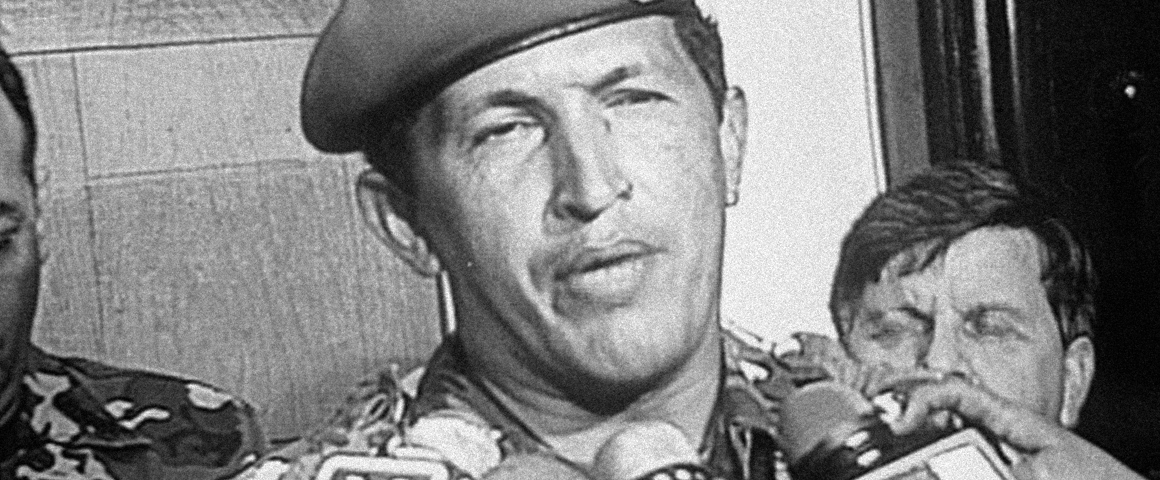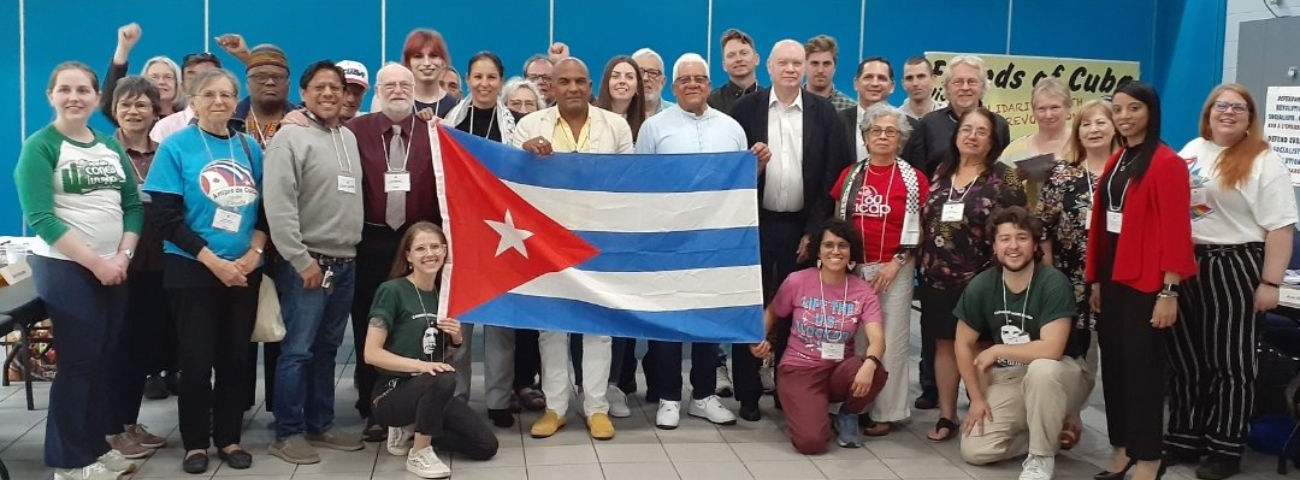Can an event of the past give us a warning about current events today? The answer is affirmative if we believe that history is a teacher. When we look at an important historical event we tend to remember the actual facts that took place at the time. As we are fond of marking anniversaries, that is essential. But we must also be challenged to re-examine the event for new meaning and insight.
In history books, facts are usually accurate; official documents will testify to them. However, the analysis of those facts will depend on the correct interpretation of the actions as they were intended to be when they were carried out. The accuracy of the evidence, including a balanced reporting of the analysis, must be preserved.
At this time we remember the anniversary of the attempted coup by Hugo Chavez in Venezuela on February 4, 1992. In a region where symbolism marks important events, that day was declared as “Venezuela’s National Dignity Day”. We have already referred in a previous article to what aspects of Simon Bolivar’s thinking may have inspired Chavez, [1] and we have a good idea of Chavez’s reason for the coup, but we also need to ask, what is the implication for Venezuela today, 26 years later?
Chávez believed that the “Bolivarian project”, as he called it, had not been completed, since Venezuela and the rest of Latin America had not achieved full independence – neither politically nor economically – and were still under a neo-colonial domination. He justified his actions in these words: “the same system, in economics and politics, the same denial of human rights and the right of the people to determine their own destiny [was still in place]… Venezuela was suffering a terminal crisis, ruled by a dictatorship dressed up in democratic clothing.” [2]
The “democratic clothing” was a reference to the appearance of a multi-party system when in reality the two dominant parties had signed a pact to form a centre-right monopoly of power controlled by the interests of the Venezuelan oligarchy, to the exclusion of the people, which did not allow a challenge to the policy consensus. Chavez referred to this monopoly as “Puntofijismo” after the location where the Pact of Punto Fijo was signed in Caracas. [3]
The failure of the 1992 coup turned into an unexpected success since it gave Chavez the opportunity to attain exposure and to instigate a population that was ready for a wake up call to the contradiction of a rich country with 80% of the people living in poverty. A large majority of Venezuelans supported the rebellion.
The political reason he gave, and his personal determination, brought him to run for president and win the election in 1999, on a platform that promised to break the long stretch of Puntojismo that lasted from 1958 to 1999, and bring about a profound transformation of Venezuelan society. Chavez saw the social problems in Venezuela as a consequence – not as a coincidence – of the exploitation of its wealth by foreign corporations in complicity with the national oligarchy.
Chavez believed that Venezuela needed to gain total control of its oil industry so its revenues would benefit all Venezuelans in a process guided by the state through social programs. At the same time, and in order to do that, he would fulfill Simon Bolivar’s dream of true independence from all colonial powers for Latin America, through fair trade integration of all countries into la Patria Grande – as he called it – the Great Homeland.
Chavez’s life was cut short by his premature death in 2013 but his legacy is captured in a single word, Chavismo. The intention that moved him to the action of February 4, 1992 is still alive and necessary today. The majority of Venezuelans have called on President Nicolas Maduro to bring forward the Bolivarian Revolution. The presidential elections to take place before April 30 of this year will again express the popular will of Venezuelans – freely, democratically and sovereign.
However, there has been a concerted effort to stop the Bolivarian project since its inception. Those who inherited the political drive of Puntofijismo attempted a coup against Chavez in 2002, against the majority of the people who in fact restored him to power.
As we write, a dialogue is taking place in the Dominican Republic between the Venezuelan government and some opposition representatives in order to advance with the constitutional process. We can regret that it has come to this point, but we must celebrate the show of political will of the parties involved.
Unfortunately, powerful governments have tacitly signed another pact – akin to an international Puntofijismo whose headquarters are clearly located in Washington, not in Caracas. This is a new pact to form a monopoly of power controlled by the interests of the international oligarchy that is ready to re-install the original holders of Puntofijismo in Venezuela, if not a more perverse version of it.
The tools of this pact have included the promotion of violence and terrorist actions, the string of relentless threats to Venezuela’s sovereignty, sanctions by the U.S., Canada and the EU, and the financial blockade imposed on Venezuela’s resource sector affecting essential imports.
A useful reminder from Chavez’s 1992 coup is that the Venezuelan monopoly of power has not ceased to exist, it just moved to Washington and other colonial capitals. The new president will have to embrace more firmly Chavez’s legacy and embark in dismantling Washington “Puntofijismo” by challenging its devastating international policy consensus.
_______________________
[2] Bart Jones. The Hugo Chavez Story – from Mud Hut to Perpetual Revolution. Random House 2008, p. 136.
[3] The Pact of Punto Fijo was named after the home of the COPEI founder Rafael Caldera. The two original signatory parties were Acción Democrática (AD, Democratic Action) and Comité de Organización Política Electoral Independiente (COPEI, Political Electoral Independent Organization Committee). Other signatories were the Roman Catholic Church, the military, business and trade union reps.




